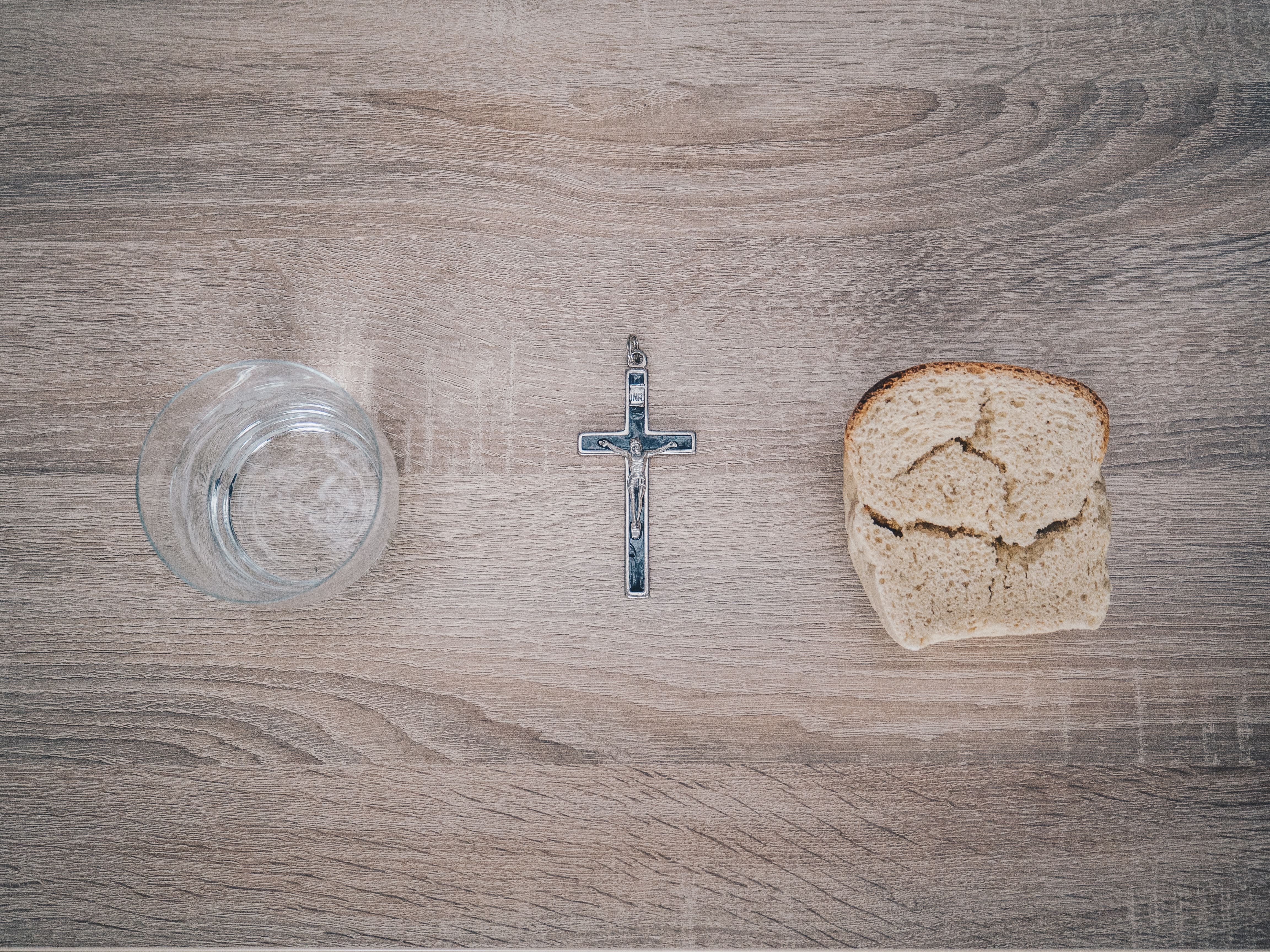When most Christians think of Lent, they think of fasting. It's the most widely known practice associated with this holy season. But we must be careful to fast with the right intentions and not fall into self-serving measures.
It's easy for our Lenten fast to become extensions of our New Year's resolutions. We give up snacking or sweets in a two-for-one effort to honor God and emerge at Easter as a healthier person. And while fasting from junk food is not intrinsically wrong, our intention behind our fast is what matters. To shepherd us in this sacrifice, the Church provides us with clear purpose and guidelines on how and when to fast during Lent.
Lenten fasting rules: when and how to fast
The Church guides us on which days we should fast during Lent and the foods we ought to abstain from. According to the United States Conference of Catholic Bishops, Catholics are called to abstain from eating meat during Lent on
-
Ash Wednesday
-
All Fridays during Lent
-
Good Friday
Additionally, Catholics are required to fast on Ash Wednesday and Good Friday. According to the U.S. bishops, fasting Catholics are permitted to "eat one full meal, as well as two smaller meals that together are not equal to a full meal." These Lent fasting rules apply to individuals ages 18 to 59.
God also calls us to take up personal Lenten fasts. This can include fasting from time on our phones, a food or drink we enjoy, or even fasting from hitting snooze on our alarm clocks in the morning! Each little sacrifice we make can be offered for the glory of God.
An important point to make is that we should not fast simply because the Church asks us to. The purpose of Lent is not to create more rules for our lives, but to lead us into repentance and mindful worship. While there is merit in being obedient to the Church's call to fast, we can take our Lent to a whole new level if we pray and ask the Lord to move our hearts to fast for the right reasons: out of love for him and a desire to grow closer to him.
Why do we fast during lent?
There are lots of reasons for Catholic fasting during the season of Lent—an effort to join in Christ's suffering, detaching ourselves from worldly things, making more room for God in our lives, practicing holy habits that will help us grow in virtue—the list goes on. But, what is important to note is that our Lenten fast is not about us, it's about Jesus Christ.
For this reason, we'd like to hone in on two Christ-centered purposes for Lenten fasting.
To repent.
First, we fast to repent, to turn away from our sin. Even though the penitential act of fasting cannot make up for our sin, it shows our sorrow and offers a small reparation for our offense against God. Also, when we fast, we discipline our bodies and train our minds to obey God's will. By building and strengthening this habit of discipline, we prepare ourselves to resist future sin. Fasting, therefore, becomes an act of worship where we turn away from temptation and toward God.
To open our hearts to the Lord.
Secondly, we fast to give the Lord access to our hearts. When we fast from things, we remove clutter from our day, lives and schedules. This frees up time and space, physically, mentally and spiritually to focus on Christ and to allow him to take up more room in our lives and a greater presence in our hearts.
To pray for specific intentions.
Fasting is an incredible form of prayer during Lent. By denying ourselves something of earthly pleasure, we can then offer that sacrifice back to God on another's behalf. Furthermore, focusing on this intention can motivate us and give us greater resolve to fast even when it is difficult.
Make your lenten fasting more meaningful this year
When you are choosing your Lenten sacrifice (or re-evaluating if you've already chosen it) search for something that will accomplish the goals we mentioned above. Another great way to go about this is to ask yourself these questions: What are my greatest sins? What actions or behaviors lead me to these sins? What is keeping me from growing in my relationship with the Lord?
If your fasting comes from a pure heart, your Lenten prayer and sacrifice will be more fruitful and will lead you into a deeper relationship with Christ.










